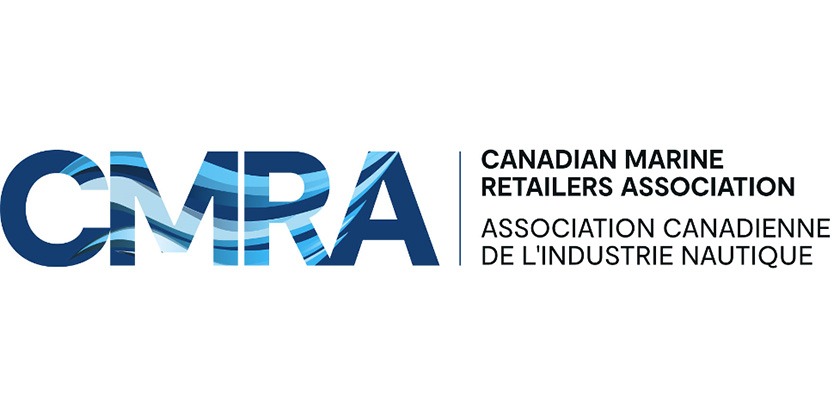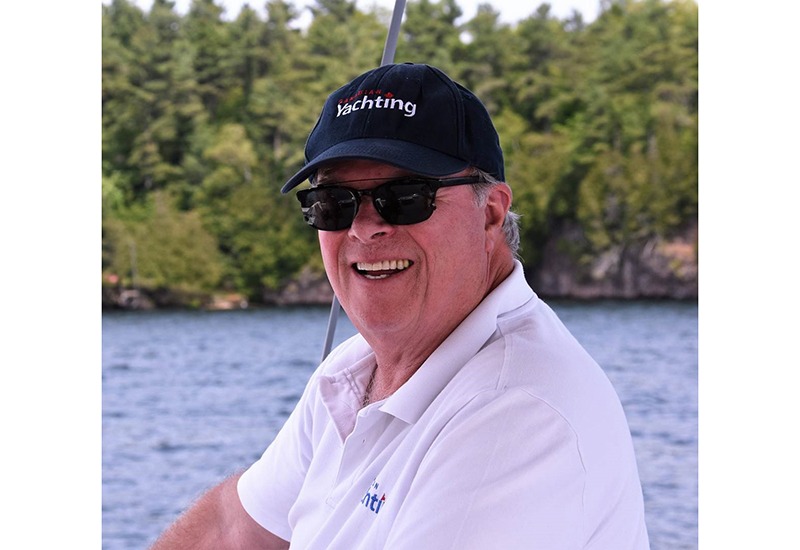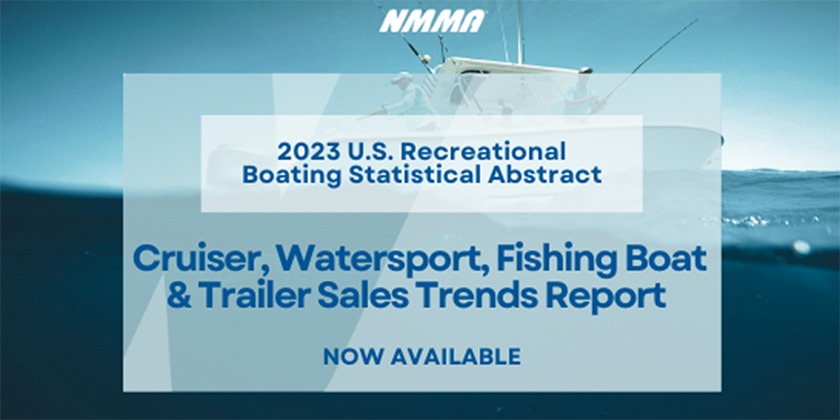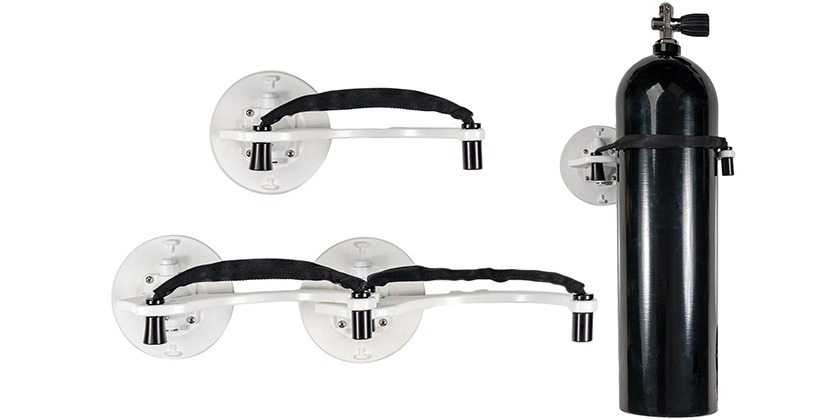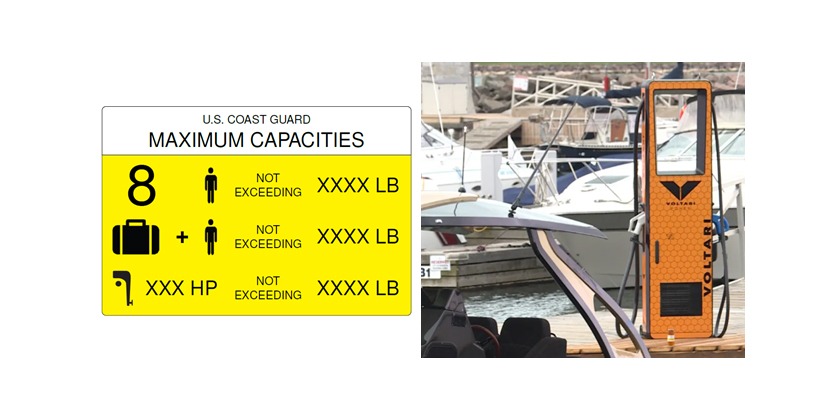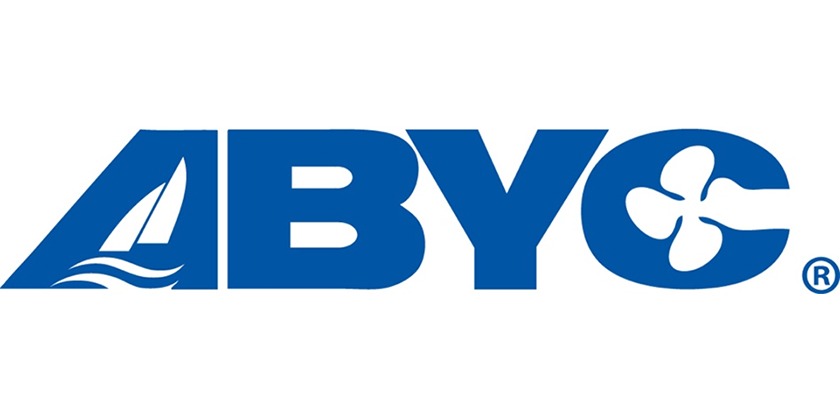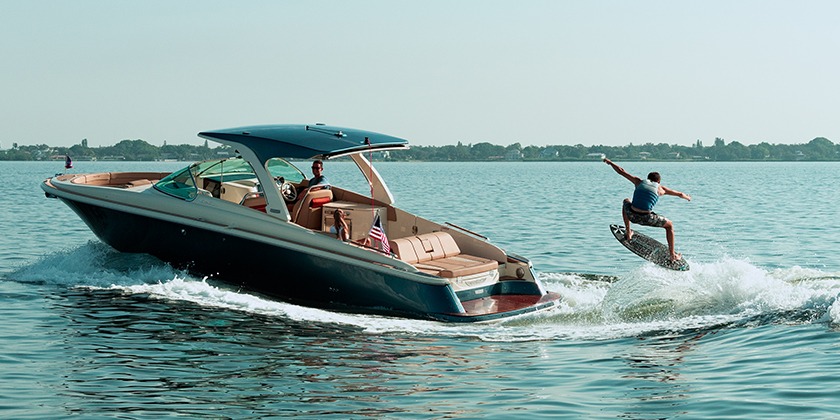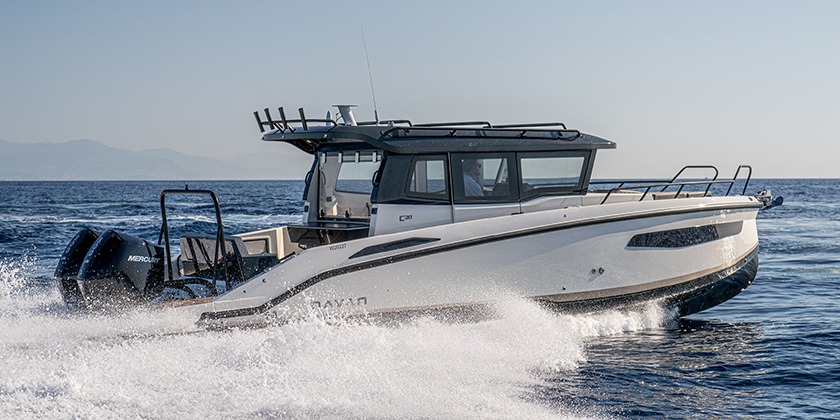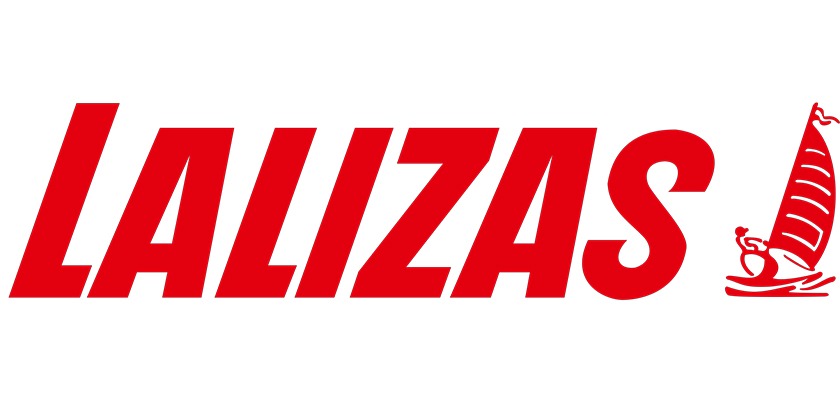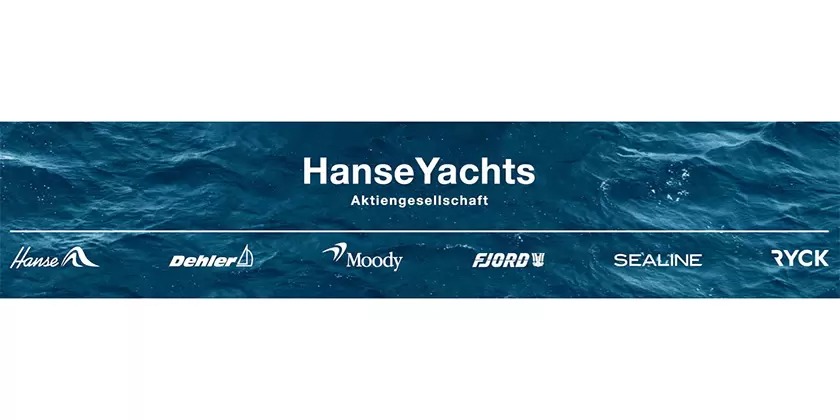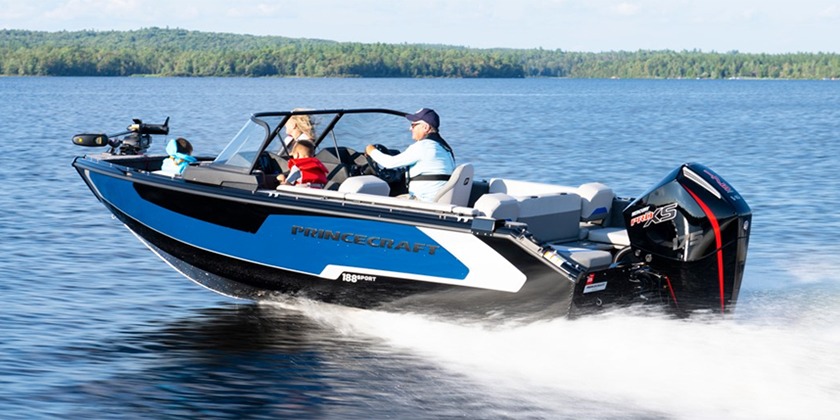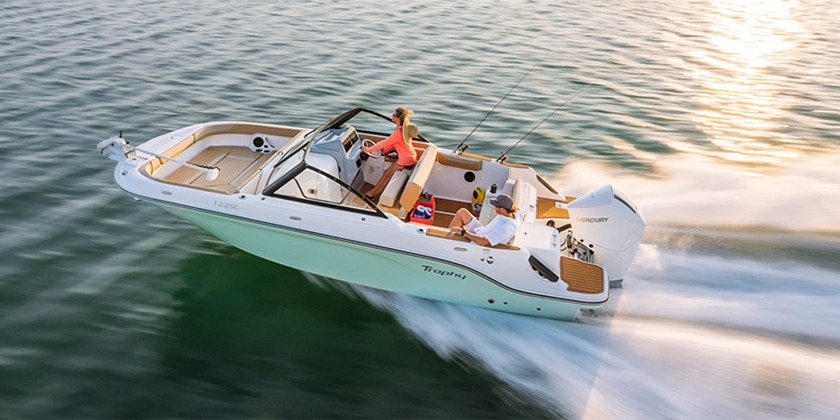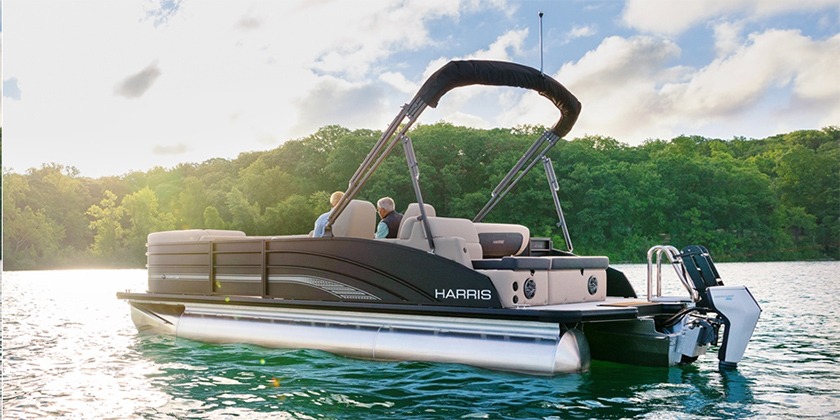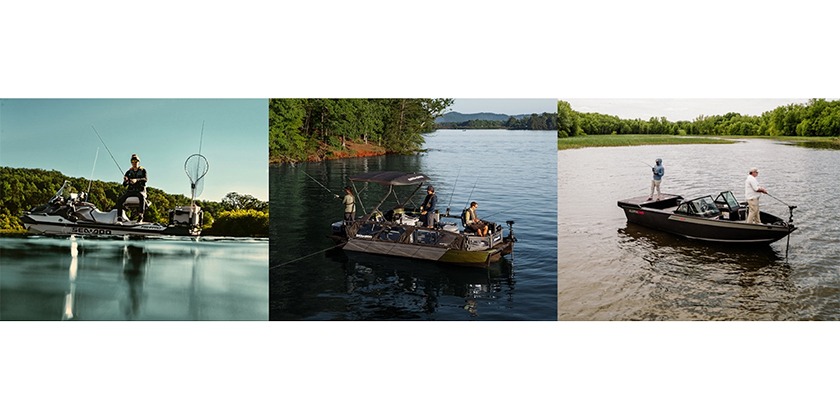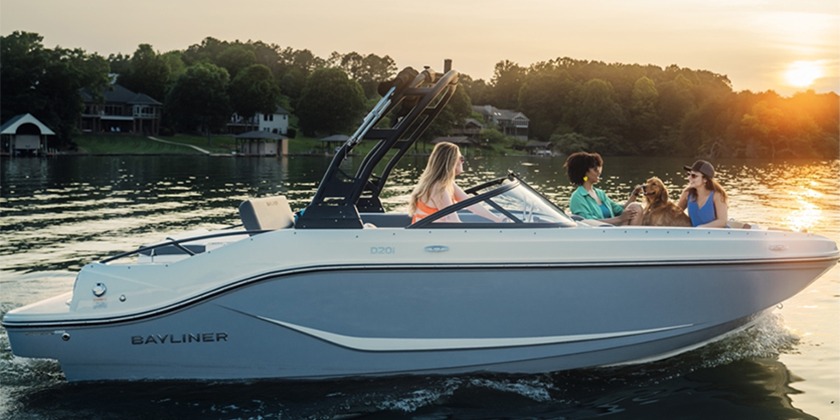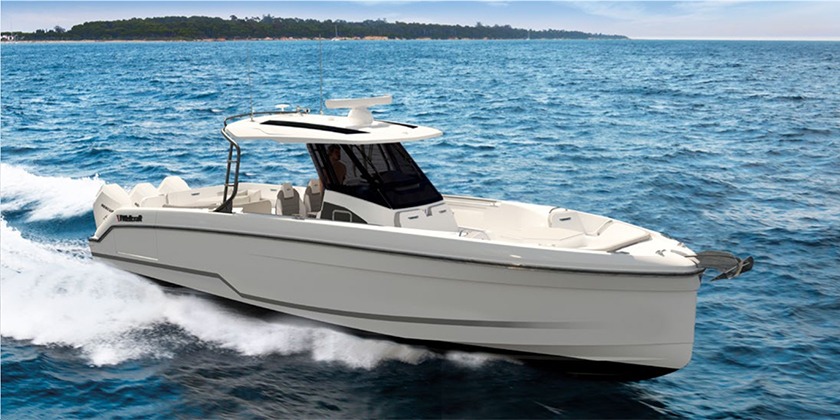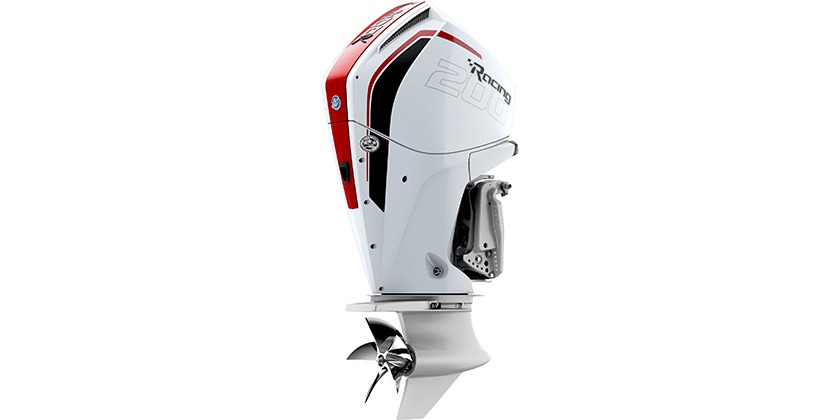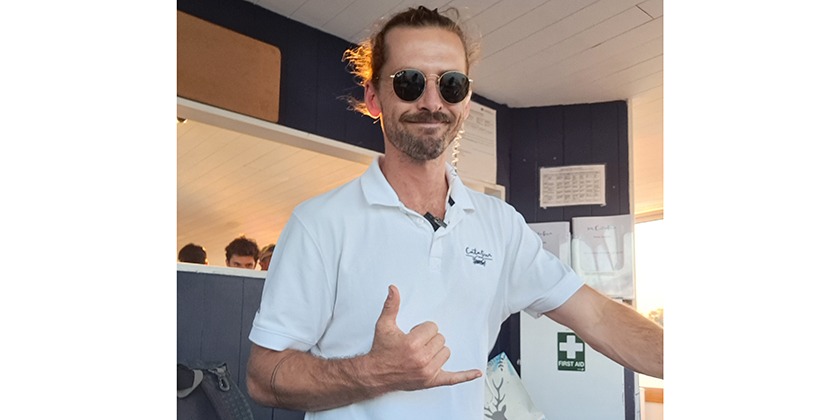Recreational Fishing and Boating Community opposes Vessel Speed Restrictions in the Gulf of Mexico – calls for collaboration in conserving Rice’s Whales
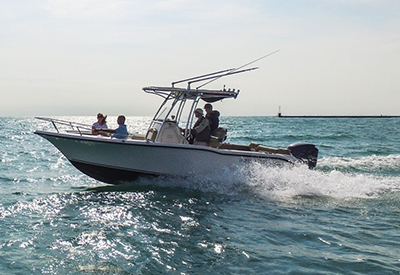
June 29, 2023
The NMMA has sent out this important story about vessel speed restrictions in the Gulf of Mexico. Leading organizations representing recreational fishing and boating in the United States urged the National Oceanic and Atmospheric Administration (NOAA) to reject a petition to establish a year-round 10-knot (11 mph) vessel speed limit and other vessel-related measures in the Rice’s whale “core” habitat area in the Gulf of Mexico.
The petitioners are asking NOAA to use their authority under the Endangered Species Act and Marine Mammal Protection Act to establish a “Vessel Slowdown Zone” from approximately Pensacola, Fla. to south of Tampa to protect the newly discovered Rice’s whale. On top of the mandatory 11 mph speed limit for all vessels transiting the proposed zone, the petition proposes the following additional restrictions:
• No vessel transits at night;
• Vessels transiting through the zone must report their plans to NOAA, utilize trained visual observers, and maintain a separation distance of 500 m from Rice’s whales;
• Use and operate an Automatic Identification System, or notify NOAA of transits through the zone, and
• Report all non-compliance to NOAA within 24 hours.
There is zero evidence that a recreational vessel has ever struck a Rice’s whale.
“The recreational boating and fishing community is committed to marine wildlife protection and ensuring our cherished waters are safe for wildlife, including the Rice’s whale, and boaters alike. A blanket approach such as vessel speed restrictions covering large swaths of the Gulf will do little to address the protection of the Rice’s whale population and puts recreational boaters, anglers, and communities that rely on economic activity from these industries at risk,” said Frank Hugelmeyer, president of the National Marine Manufacturers Association. “As NOAA considers its next steps on addressing the Rice’s whale recovery and protection, the boating and fishing industry looks forward to working alongside the agency, and all impacted stakeholders, to determine a holistic approach to protect this vulnerable species while maintaining access along the Gulf Coast.”
“Once again, proponents of vessel speed restrictions are acting as if small recreational boats are the same as large cargo ships. They are not,” said Jeff Angers, president of the Center for Sportfishing Policy. “We invite NOAA to join with us in identifying 21st Century technological advances that can help tell mariners where whales are instead of effectively barring public access to America’s marine waters.”
“As more is learned about the recently-discovered Rice’s whale, it is critical that NOAA focus from the outset on collaborating with stakeholders instead of leaping to drastic restrictions,” said Glenn Hughes, president of the American Sportfishing Association. “As an industry that cares deeply about conservation of the marine environment, the recreational fishing and boating industry is ready, willing and able to help develop solutions to support whale conservation. Relying on massive speed restrictions that effectively shut down boating and fishing is not a viable path forward for the Rice’s whale or the economy.”
Impacted stakeholders within the recreational boating and fishing community recommend NOAA does not initiate any rulemaking action based on the petition for the following reasons:
• The petitioners fail to put forward any evidence that recreational vessels pose a risk to Rice’s whales that would justify the significant rules proposed in the petition.
• The petition fails to propose action to address the greatest sources of mortality to the Rice’s whale.
• NOAA has failed to engage with the recreational fishing and boating industry on Rice’s whale recovery planning or to better understand how their vessels may interact with Rice’s whales.
• NOAA needs to fully investigate and report on the likelihood of recovering Rice’s whales given documented concerns about its population size.
Instead of moving forward with the petition for rulemaking, NOAA should:
• Work with partners to address knowledge gaps on this rarely observed species to inform future recovery planning and strategies.
• Allow the recreational fishing and boating industry to meaningfully contribute to the Rice’s whale recovery plan.
• Develop a Recovery Implementation Strategy with input from all Gulf of Mexico stakeholders.
Stakeholders are encouraged to take action on Boating United, the industry’s grassroots advocacy platform, and provide input to NOAA asking the agency work closely with the U.S. Coast Guard and recreational boating and fishing stakeholders to development and implement a technology-driven solution to track and monitor the Rice’s whale to assist in avoiding vessel and boat strikes altogether.

